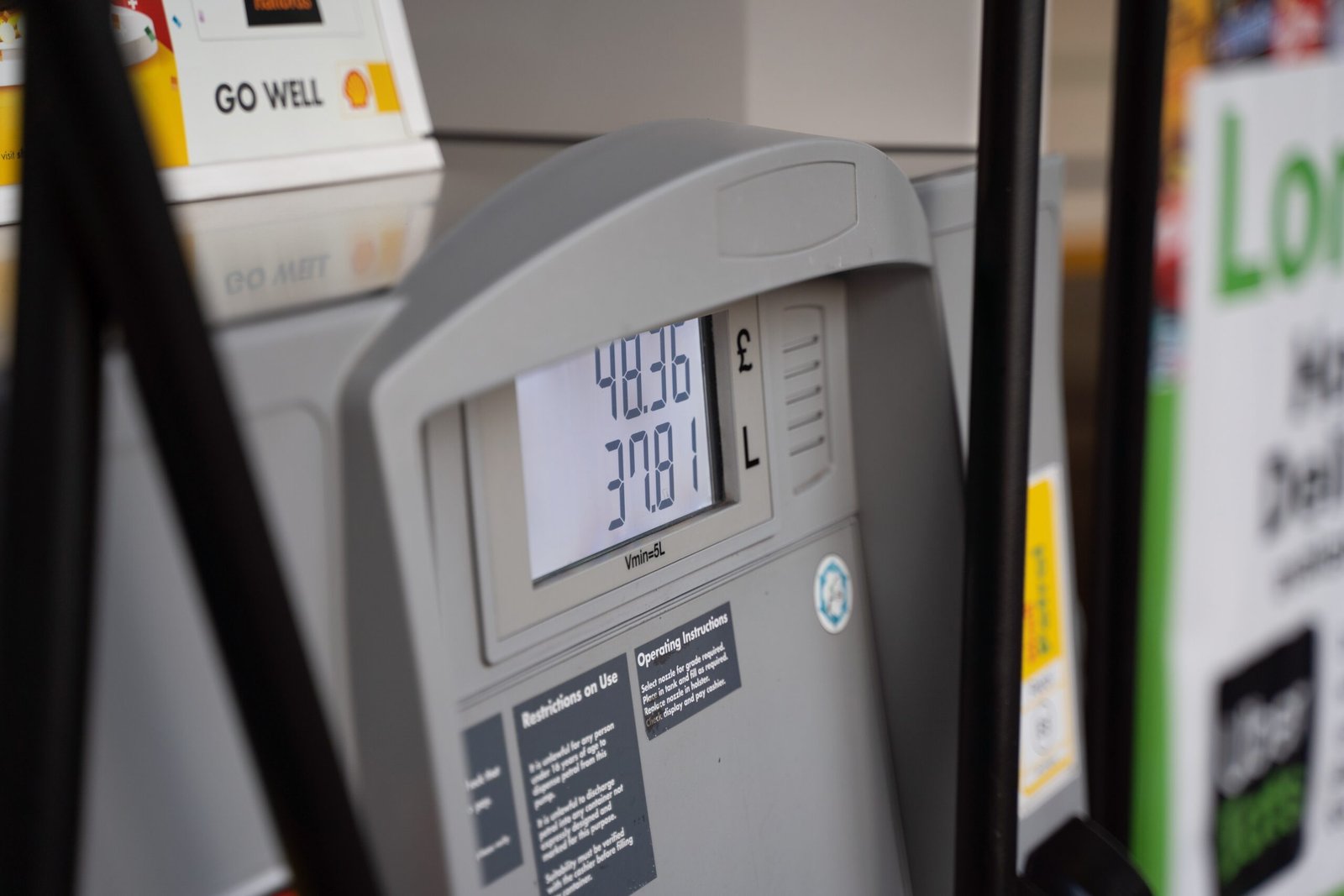Fiscal policy plays a crucial role in shaping the economy by allowing the government to use taxation and spending as tools to stabilize growth, control inflation, and address unemployment. Through budgetary decisions and legislation, the government can influence the overall economic conditions of a country.
What is Fiscal Policy?
Fiscal policy refers to the government’s use of taxation and spending to influence the economy. It involves the decisions made by the government regarding how much money it will collect in taxes and how it will allocate those funds through various spending programs.
The primary objectives of fiscal policy are:
- Stabilizing economic growth
- Controlling inflation
- Addressing unemployment
How Fiscal Policy Works
When the government wants to stimulate economic growth, it may implement expansionary fiscal policy. This involves increasing government spending and reducing taxes to encourage consumer spending and business investment. By injecting more money into the economy, the government aims to boost aggregate demand and stimulate economic activity.
Conversely, during periods of high inflation, the government may adopt contractionary fiscal policy. This involves reducing government spending and increasing taxes to reduce aggregate demand and control inflation. By reducing the amount of money in circulation, the government aims to slow down economic activity and stabilize prices.
In times of economic downturn and high unemployment, the government can use fiscal policy to address the issue. It may increase government spending on infrastructure projects, education, or healthcare, creating jobs and stimulating economic growth. Additionally, the government can provide tax incentives or subsidies to businesses to encourage hiring and investment.
The Tools of Fiscal Policy
The government has several tools at its disposal to implement fiscal policy effectively:
- Taxation: By adjusting tax rates, the government can influence the amount of disposable income individuals and businesses have. Lowering taxes can stimulate spending and investment, while increasing taxes can reduce consumption and investment.
- Government Spending: The government can increase or decrease its spending on various programs and initiatives. Increased spending can stimulate economic activity, while decreased spending can slow down the economy.
- Budgetary Deficits and Surpluses: When the government spends more than it collects in taxes, it creates a budget deficit. Conversely, when it collects more than it spends, it creates a budget surplus. These deficits or surpluses can have long-term effects on the economy.
- Public Debt: When the government consistently runs budget deficits, it accumulates public debt. This debt is financed through borrowing, which can have implications for future generations and the overall health of the economy.
- Fiscal Rules and Legislation: Governments can implement fiscal rules and legislation to guide their budgetary decisions. These rules can help ensure fiscal responsibility and long-term economic stability.
The Impact of Fiscal Policy
Fiscal policy can have both short-term and long-term impacts on the economy. In the short term, changes in taxation and government spending can influence consumer and business behavior, affecting economic growth, inflation, and unemployment rates.
In the long term, fiscal policy can shape the overall structure of the economy. For example, government spending on education and infrastructure can enhance human capital and productivity, leading to sustained economic growth. On the other hand, excessive government debt can crowd out private investment and hinder long-term economic development.
It is important for governments to strike a balance when implementing fiscal policy. While it can be a powerful tool for economic management, it must be used judiciously to avoid unintended consequences and ensure sustainable economic growth.
In Conclusion
Fiscal policy is a vital tool that allows governments to influence the economy through taxation and spending. By adjusting tax rates, government spending, and budgetary decisions, governments can stimulate growth, control inflation, and address unemployment. However, careful consideration and responsible decision-making are necessary to ensure the long-term stability and prosperity of the economy.





